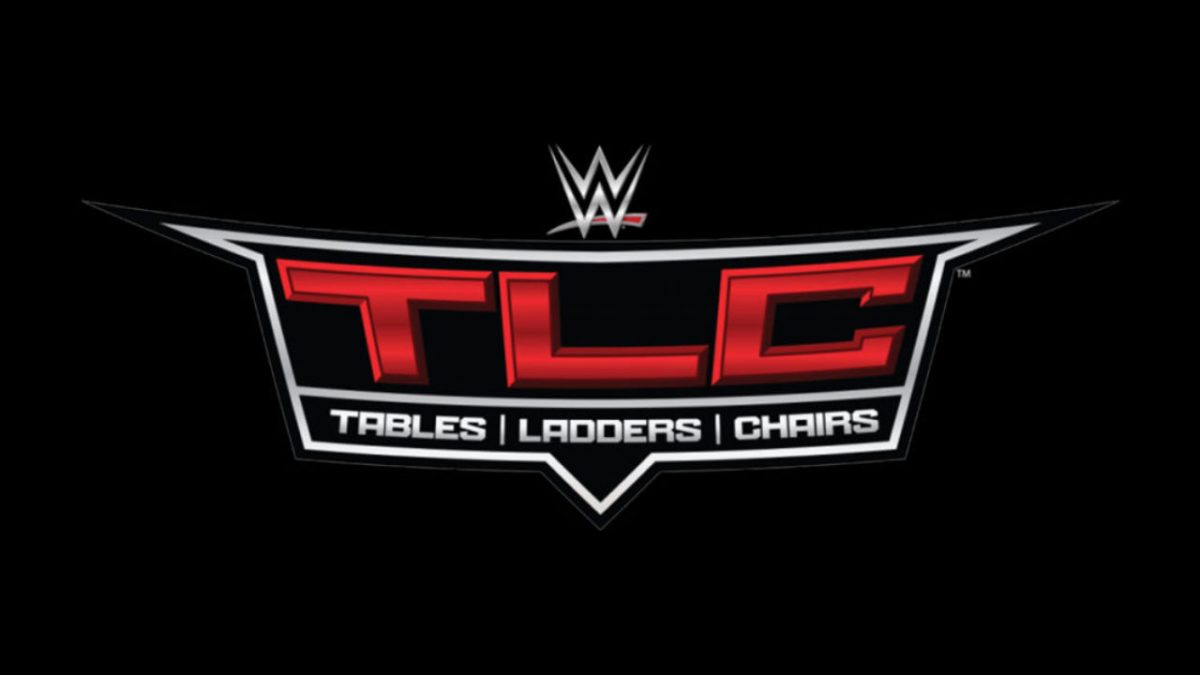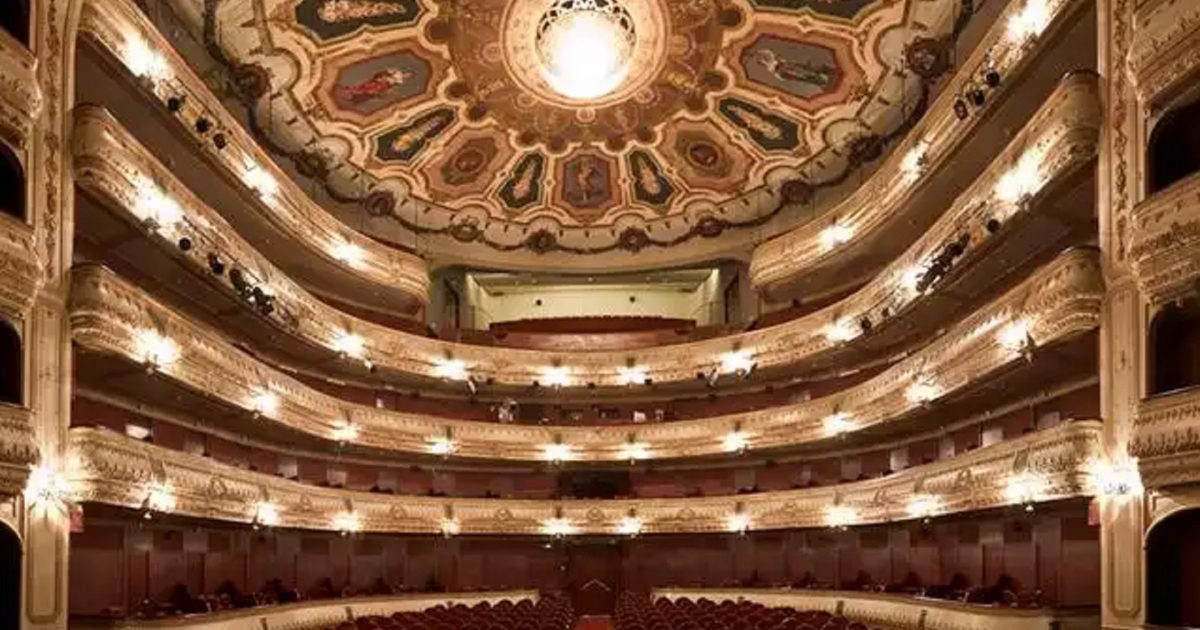Threatened with shortages, the United Kingdom was striving on Tuesday to find a way out of the crisis with France to allow a resumption of cross-Channel goods traffic, interrupted in the face of the spread of a potentially more contagious variant of the new coronavirus.
The strong circulation in Great Britain of this new strain of the virus, whose transmission is 40 to 70% higher according to the estimate communicated by the United Kingdom to the World Health Organization (WHO), transformed the end of the Year in puzzle for Prime Minister Boris Johnson.
Barely to reach a post-Brexit trade agreement with Brussels within 10 days of the deadline, during the weekend he had to reconfine in disaster 16 million Britons whose Christmas family reunion fell through. . And he must now manage the decision of dozens of countries, including France, to ban arrivals from the United Kingdom, which is shaking up trade and threatening, for lack of a quick outcome, to cause shortages of fresh produce in the coming days. .
During a meeting of its ambassadors scheduled for Tuesday, the European Union sought to set up “a reopening of the borders in a coordinated manner”, according to a European diplomatic source. This includes allowing “targeted returns” of travelers and truck drivers who have been blocked by the measures brutally implemented since this weekend.
Among the solutions put forward by London are tests for the drivers of the hundreds of trucks stranded in the south-east of England, prevented from being able to reach the continent after the decision taken on Sunday evening by France to suspend all for 48 hours. arrivals from the UK.
Port screening “is absolutely part of the discussion,” “we are considering everything,” UK Home Secretary Priti Patel told Sky News on Tuesday morning.
“We are in discussion with our French counterparts”, “we will find a solution”, she assured.
According to the minister, 650 trucks are currently blocked on the motorway leading from London to the port of Dover, the main cross-Channel port closed to outgoing traffic since Sunday evening. More than 800 more heavy goods vehicles are parked at a nearby former airport.
Cereal bar
If the products for Christmas meals, although largely upset by restrictions to fight the spread of the epidemic, have been spared because they have already been delivered on British soil, disruptions in the supply are to be feared if the situation continues.
According to Andrew Opie, one of the heads of the British retail consortium, an organization representing distributors, “the borders really need to operate more or less freely from tomorrow (Wednesday) to be sure that there is no disruptions “in the supply of stores. Salads, vegetables, fresh fruit could be missing “directly after Christmas”, he told the BBC.
The fear is all the stronger as the days are numbered before the end of the post-Brexit transition period on December 31. Trade negotiations between London and Brussels have still not succeeded and in the event of failure, the irruption of quotas and customs duties raises fears of serious disruptions in the country’s supplies.
According to Rod McKenzie, the general manager of the road transport association, the stranded drivers were offered “a cereal bar” on Monday from the local Kent community. “Very little, I think, to support them morally,” he told the BBC. In addition, there is the “big problem” of access to toilets and the sanitary issue.
During a press conference on Monday at the end of the day, Boris Johnson said he had discussed the situation with French President Emmanuel Macron who, according to him, said he wanted to “resolve the situation in the coming hours”.
According to a European source on Tuesday, Mr Johnson also met Monday evening with European Commission President Ursula von der Leyen on post-Brexit negotiations and the pandemic situation.
The head of the British government, criticized for his management of the pandemic which has killed nearly 68,000 people, one of the heaviest tolls in Europe, argued that the risks of transmission by “lonely” truck drivers are “really very low “.
22/12/2020 13:14:15 – London (AFP) – © 2020 AFP
–


